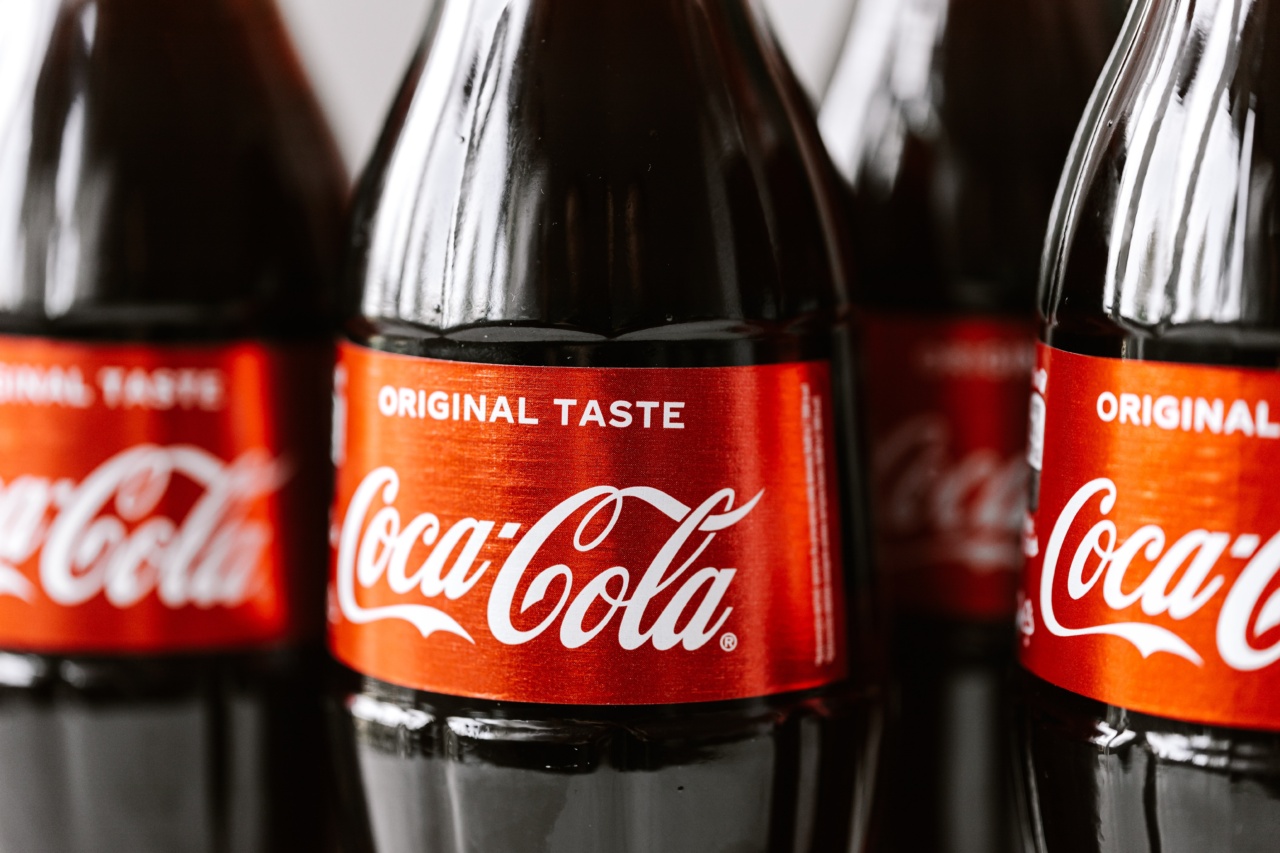Hypertension, commonly known as high blood pressure, is a major health concern worldwide.
It is estimated that one in three adults suffer from hypertension, making it a prevalent condition that increases the risk of cardiovascular diseases and other health complications. While various factors contribute to the development of hypertension, there is growing evidence suggesting that the consumption of sugary beverages may act as a risk factor for this condition.
This article aims to explore the relationship between sugary beverages and hypertension and provide an in-depth analysis of the available evidence.
What are sugary beverages?
Sugary beverages, also known as sugar-sweetened beverages (SSBs), refer to drinks that contain added sugars, such as sucrose or high-fructose corn syrup.
These beverages include carbonated sodas, fruit juices, sport drinks, energy drinks, and flavored milk, among others. SSBs are a significant source of added sugars in the diet and are known to contribute to weight gain and the development of various health conditions, including hypertension.
Understanding hypertension
Hypertension occurs when the force of blood against the walls of the arteries is consistently too high.
This condition is usually measured by two values – systolic pressure (the top number) and diastolic pressure (the bottom number) – expressed in millimeters of mercury (mmHg). Normal blood pressure is considered to be around 120/80 mmHg, while hypertension is defined as blood pressure equal to or higher than 130/80 mmHg.
The link between sugary beverages and hypertension
Several studies suggest a positive association between the consumption of sugary beverages and the development of hypertension.
The high sugar content in these beverages is believed to contribute to increased body weight, impaired insulin sensitivity, and higher blood pressure.
1. Impact on weight gain
Evidence consistently shows that the consumption of sugary beverages is associated with weight gain and obesity. High sugar intake does not provide a feeling of fullness, leading individuals to consume excess calories.
The excess calories, mainly in the form of fructose, are converted into fat in the liver and stored in the body. This excess weight gain can result in an increase in blood pressure.
2. Effects on insulin sensitivity
Regular consumption of sugary beverages has been linked to the development of insulin resistance and an impaired ability for cells to respond to insulin.
Insulin resistance is a condition where the body’s cells do not effectively use insulin to regulate blood sugar levels, leading to higher blood glucose concentrations. This disrupted glucose metabolism can contribute to the development of hypertension.
3. Influence on sodium levels
Many sugary beverages also contain high levels of sodium, either naturally or as an additive. Increased sodium intake is known to raise blood pressure levels by promoting fluid retention and constricting blood vessels.
The combination of high sugar and sodium content in these drinks can have a synergistic effect on blood pressure elevation.
4. Association with other risk factors
Sugary beverage consumption has also been associated with other risk factors for hypertension, such as dyslipidemia (abnormal levels of blood lipids) and inflammation.
Dyslipidemia, characterized by elevated levels of triglycerides and low-density lipoprotein cholesterol (LDL-C), is often observed in individuals who consume large amounts of sugary beverages. Additionally, chronic low-grade inflammation, which can result from excessive sugar intake, is linked to the development of hypertension.
5. Potential mechanisms
Several potential mechanisms have been proposed to explain the relationship between sugary beverages and hypertension.
These include increased sympathetic nervous system activity, oxidative stress, endothelial dysfunction, and changes in the gut microbiota. While more research is needed to fully understand these mechanisms, they provide insight into the complex interplay between sugary beverage consumption and hypertension.
Evidence from studies
A growing body of observational studies and clinical trials has provided substantial evidence supporting the association between sugary beverage consumption and hypertension.
One study conducted on over 200,000 adults found that higher intake of sugary beverages was associated with an increased risk of developing hypertension. Another study demonstrated a dose-response relationship, where each additional sugary beverage consumed per day was associated with a higher risk of hypertension development.
In addition to observational studies, randomized controlled trials (RCTs) have also shown consistent results.
A study involving overweight and obese adults found that reducing sugary beverage intake significantly lowered blood pressure levels over a period of six months. Another RCT demonstrated that substituting sugary beverages with artificially sweetened options contributed to blood pressure reduction.
Conclusion
The consumption of sugary beverages, which are high in added sugars, has been implicated as a risk factor for the development of hypertension.
The relationship between sugary beverages and hypertension is supported by evidence from observational studies and randomized controlled trials. The high sugar content in these beverages contributes to weight gain, insulin resistance, sodium retention, and other risk factors associated with hypertension.
It is imperative to raise awareness about the potential health risks of excessive sugary beverage consumption and promote healthier alternatives to reduce the burden of hypertension globally.



























